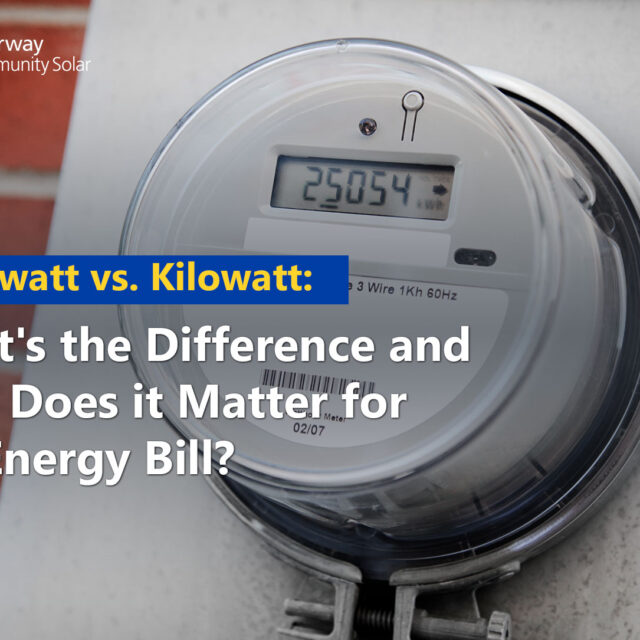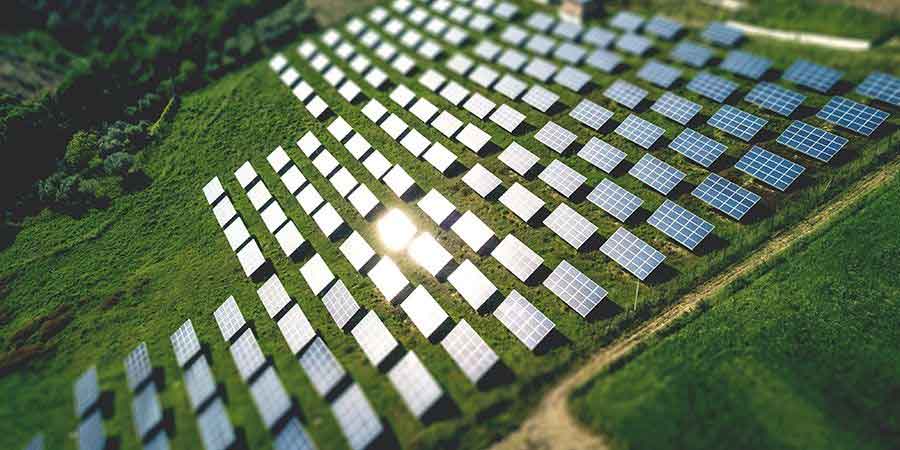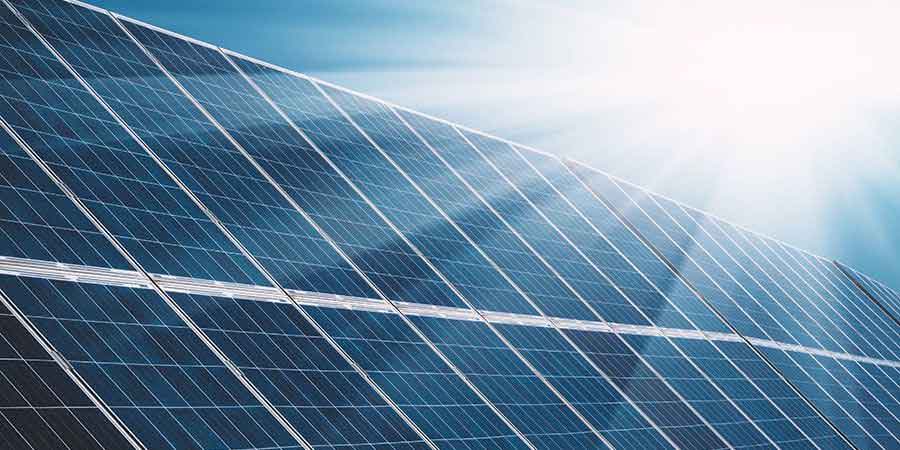
With work-from-home and remote learning becoming the new norm for many families, expenditures on commuting and dining out for lunch have virtually disappeared. At the same time, other expenses such as utility bills are increasing. Between zoom calls, streaming movies, keeping the house at a comfortable temperature all day, and cooking most meals at home, the costs can really start to add up. Now more than ever, it is important to consider a few simple adjustments to make your house more energy-efficient and save you money.
Set Up An Energy Efficient Home Office
When working and learning at home, it is a good idea to designate a specific space to spend most of your day. That way you can keep the temperature in that room comfortable using a ceiling fan or space heater. Other ways to save energy in your home office include limiting your working in a space that is well lit during the day to cut back on electricity use, and making sure that your computer and monitor will go to sleep when not in use by turning on the power management settings.
Heat And Cool Your Home Efficiently
To save on heating and cooling, set the temperature on your thermostat as close to the outdoor temperature as possible, while still keeping you comfortable. This means keeping the house a little cooler and wearing a sweater during the winter, and keeping it warmer in the summer while cooling off with a ceiling fan.
If you don’t already have one, install a programmable thermostat that will automatically adjust the temperature when you are sleeping or away, saving you big money. In fact, according to energystar.gov, a programmable thermostat can save you $180 in energy costs every year!
Check your air filter every month and change it when it looks dirty, or at least every three months. This will prevent dust and dirt from building up and causing the system to run less efficiently, or possibly even damaging the unit.
Replace Inefficient Light Bulbs
Changing out your incandescent light bulbs for new, efficient LED bulbs is super simple and very effective. LED bulbs use up to 75% less energy and last 25 times longer than incandescent, saving you money on utility bills and bulbs. The U.S Department of Energy estimates that sweeping use of LED lighting has the potential to save the United States the equivalent of $30 billion in energy costs by 2027. And always remember, even with your new energy efficient lighting, turn out the lights whenever you leave a room.
Use A Powerstrip For Electronics
Many appliances in our home still draw power when they are in sleep or standby mode. By plugging electronics like computers, televisions and cable boxes into a powerstrip, you can easily turn them off and on without having to unplug every time. Smart powerstrips are also a great option because they can detect when a device is in sleep mode and automatically cut the power.
Cut Back On Water Usage
There are many things you can do in your home to reduce your water bills and save the earth’s most precious commodity. Install low-flow shower heads and encourage everyone in your house to take shorter showers. Scrape food off your dishes before you put them in the dishwasher instead of rinsing them, and only run the dishwasher when it is full. Only run the washing machine with full loads of laundry. Turn off the water when you brush your teeth or shave.

Invest in Renewable Energy
An investment in renewable energy sources like Community Solar farms is a great way to reduce your utility bills* while doing something that is good for the planet. Solar farms generate clean solar energy that goes directly into the power grid. Unlike rooftop solar, Community Solar farms require no purchase of solar panels. Your monthly subscription to a Community Solar farm earns you energy credits based on the farm’s production. Those energy credits are applied to your utility bill, helping to reduce your costs over time.*
Add Insulation and Seal Leaks In Your Home
Leaks around doors and windows and in attics and basements account for up to $200 per year of energy costs in a typical home.To stop wasting energy, seal around windows and doors with weather-stripping or caulk and improve your home’s insulation, especially in the attic. It is also important to seal the area around your attic door and any gaps under exterior doors.
A Little Energy Efficiency Goes A Long Way
Working and learning at home doesn’t have to mean increased utility bills. By taking steps such as reducing water usage, better insulating your home, and supporting clean power, you can help the planet and reduce your energy costs.
Savings calculated on the value of the net metering credits generated by the residential solar subscription and varies by region. Clearway is not responsible for utility delays in applying net metering credits. Refer to the community solar contract for full agreement terms. Subject to credit approval and a 20-year agreement term.









